|
|
|
|
Nau mai, haere mai.
All governments like to make a big deal of their first 100 days in office. It implies forward momentum, purpose and drive. Given a lot of it is also about signaling what will happen, or repealing the previous administration’s policies, there’s an element of political show business, too.
Writing about the 100-day milestone today, Richard Shaw makes the point that it’s less about what the government has done than about how it did it. In the immortal words of Dennis Denuto in Australian cinema classic The Castle, “it’s the vibe” that matters.
“On that count,” writes Shaw, “the government will be reasonably pleased with recent polls indicating growing support for Christopher Luxon as preferred prime minister and for the administration he leads (the recent furore over Luxon’s short-lived insistence on claiming the MP’s accommodation supplement notwithstanding).”
The real test, of course, comes with May’s budget. “Finance minister Nicola Willis will need to demonstrate how her government’s electoral commitments will be paid for – and how it intends to improve what Luxon has called the ‘fragile’ state of the nation.”
Away from politics, we’ve recently launched a weekly Books & Ideas newsletter. If you’d like to receive great reviews, essays and debates in one free weekly email, you can sign up here. Until next week, mā te wā.
|

|
Finlay Macdonald
New Zealand Editor
|
|
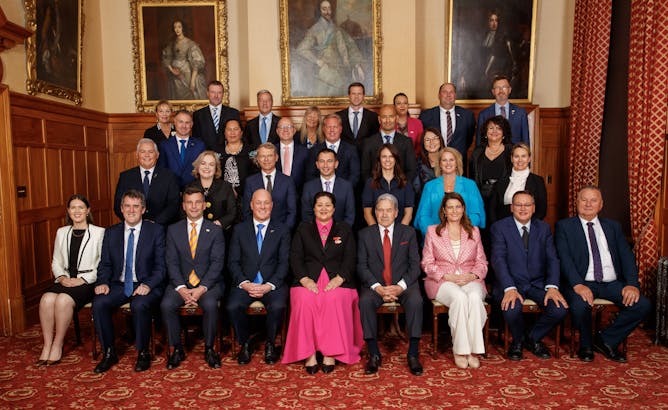
Richard Shaw, Massey University
The coalition has made good on pledges to repeal, reduce or reverse the previous government’s policies. But the real test will be paying for its own policies and staying stable in the process.
|
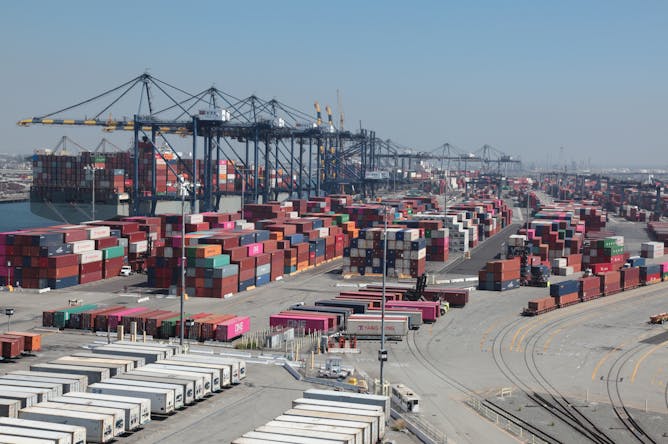
Jane Kelsey, University of Auckland, Waipapa Taumata Rau
The recent World Trade Organization conference in Abu Dhabi has again failed to resolve any of the big issues on the table. Power relations rather than rule-based negotiation will fill the void.
|
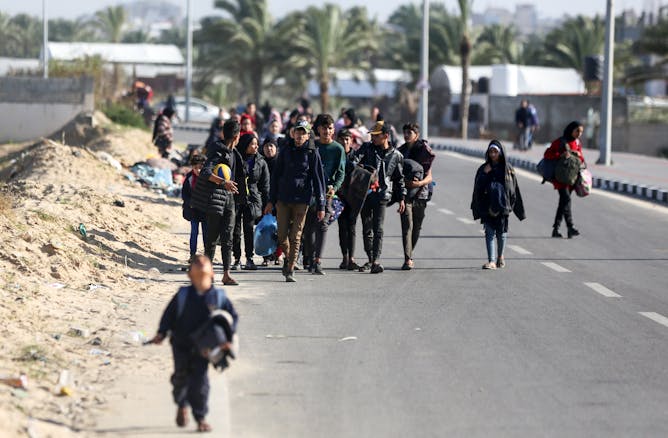
Jay Marlowe, University of Auckland, Waipapa Taumata Rau
Palestinian families in New Zealand are poised to sponsor relatives trying to flee Gaza. National-led governments have allowed such intakes in past crises – and here’s how it could work now.
|

Matthew Hall, Te Herenga Waka — Victoria University of Wellington
Consumer NZ’s case against Z Energy under the Fair Trading Act may be a sign of things to come. But new legislation would be a cleaner way to regulate fossil fuel advertising.
|
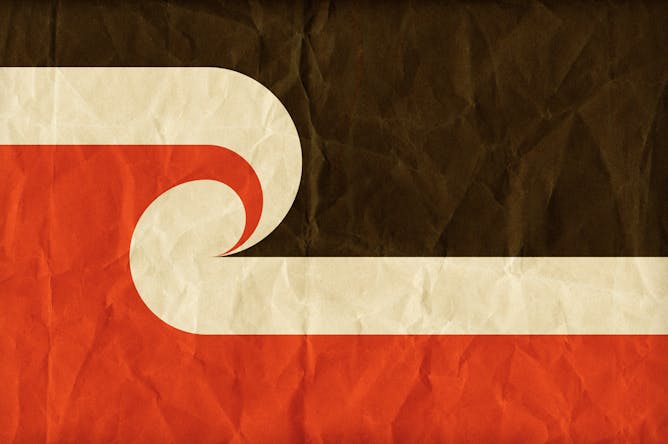
Dominic O'Sullivan, Charles Sturt University
Rather than leave the Treaty principles to parliament and the courts to define, why not embed the essence of the Treaty articles themselves in all laws?
|
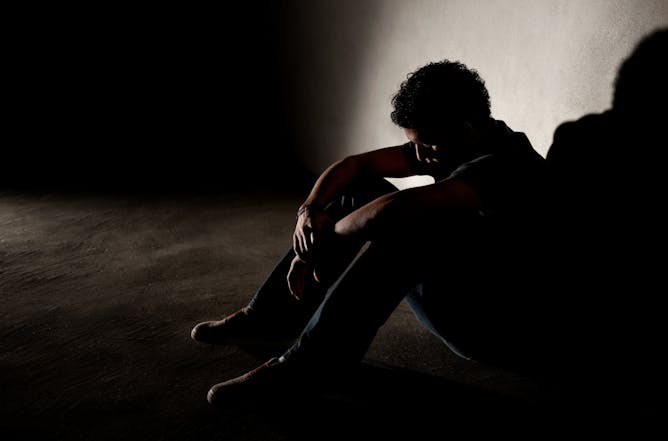
Jennifer Montgomery, Te Herenga Waka — Victoria University of Wellington; Clive Aspin, Te Herenga Waka — Victoria University of Wellington
Care and protection residences are meant to help children with nowhere else to go. Instead, official reports show those kids are experiencing increased serious physical, sexual or emotional harm.
|
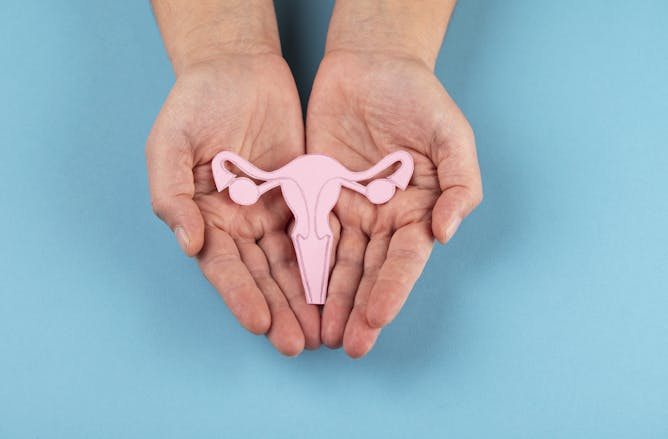
Claire Badenhorst, Massey University; Stacy T. Sims, Auckland University of Technology
Education needs to address the big gaps in the knowledge around the menstrual cycles and the impact menstruation has on a wide range of health outcomes.
|

Greg Treadwell, Auckland University of Technology
It’s been 35 years since Aotearoa New Zealand’s first private network brought real competition in the television news market. Yesterday Warner Bros Discovery announced an end to all that.
|

Emily O'Hara, Auckland University of Technology
2024 is a leap year, when the shortest month mops up a bit of leftover time. But the extra day also tells us about space – and our place in it.
|

Alexander Gillespie, University of Waikato
International pressure on Israel to halt its onslaught in Gaza is mounting. New Zealand has so far chosen to stay on the sidelines, despite allies taking more decisive stands.
|
From our foreign editions
|
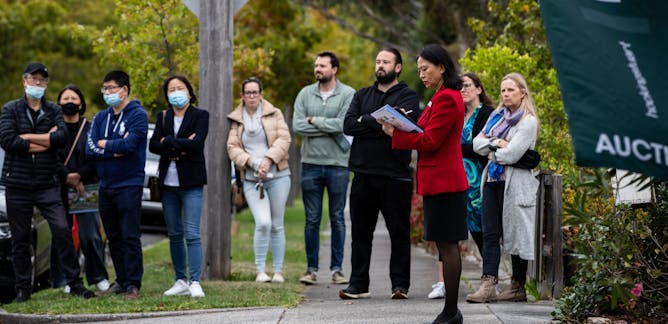
Brendan Coates, Grattan Institute
A new government housing assistance scheme risks becoming a lottery because many more people are eligible than the 10,000 places available each year.
| |
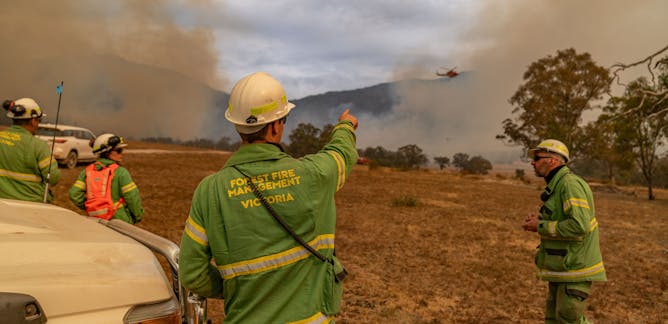
Robert Hortle, University of Tasmania; Lachlan Johnson, University of Tasmania
Australia’s approach to estimating bushfire emissions is credible and sophisticated. But it must be refined as technology improves and the climate changes.
|
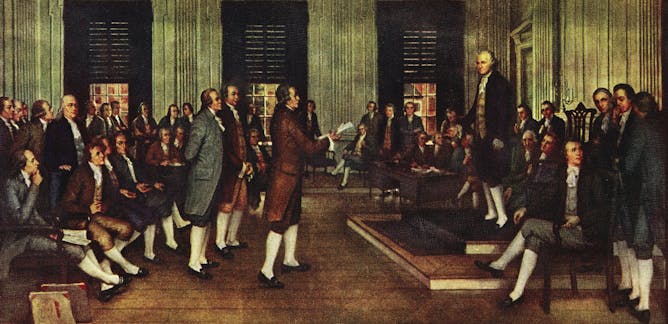
Robert A. Strong, University of Virginia
Right from the very beginning of the nation, there have been rules that limit the ability of the people to choose their leaders.
| |
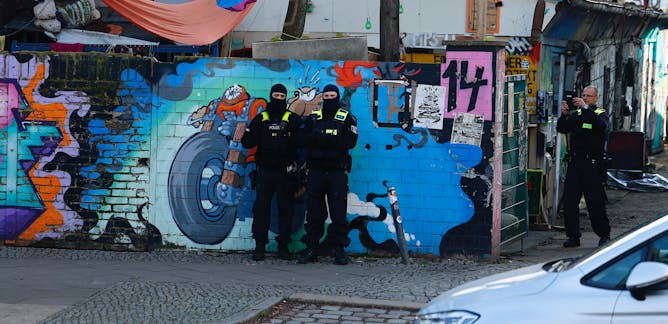
Claudia Hillebrand, Cardiff University
Daniela Klette was working as a maths tutor in Berlin under an assumed name.
|
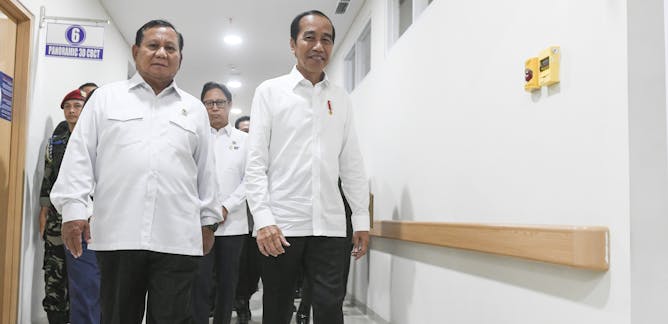
Ary Hermawan, The University of Melbourne
Soeharto’s oligarchy, not Prabowo, is subverting Indonesia’s democracy
| |
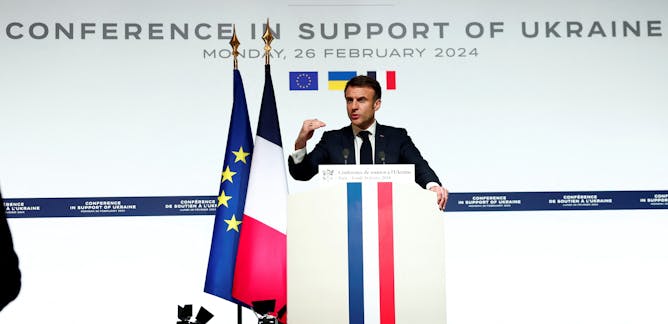
Kenton White, University of Reading
Sending ground troops to Ukraine could provoke a wider and vastly more dangerous war with Russia,
|

Kirk Chang, University of East London; Alina Vaduva, University of East London
The effects of AI’s growth on global security could be difficult to predict.
| |
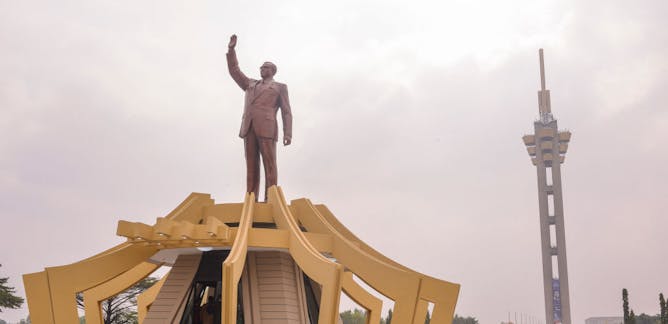
Ruth Sacks, University of Johannesburg
The nationalist art of Mobutu Sese Seko and the art nouveau style of King Leopold II both live on in Kinshasa in fascinating ways.
|
|
|
| |
| |
| |

|
| |
| |
| |
| |
| |
| |
|
|
|
|
|
|
|